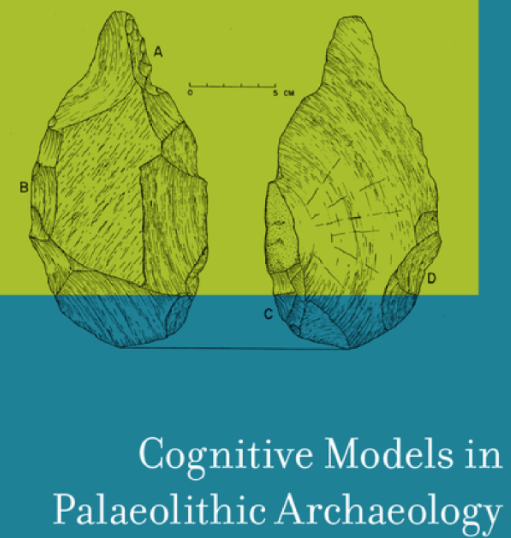How did Neandertals experience their world? How did their cognition and culture differ from ours? Were they pragmatic? Callous or cold-hearted? Did they love, were they charitable? Were they tough? Dogmatic? Xenophobic?
Join Professor Frederick L. Coolidge for our online course in Neandertal Cognition. Together, we will explore the mind of some of our recent ancestors to compare and contrast similarities and differences between our behavior and the behavior of these archaic humans. After a century of suffering the negative biases of early scholars, Neandertals are emerging from the shadows of prehistory to take their rightful place as explorers and innovators who fought to survive in a heretofore uninhabitable clime. Our course reviews the archaeological evidence via empirical models of cognition in an effort to understand the cognitive and behavioral strategies employed by Homo neanderthalensis during their nearly half million years of existence. Classes begin January 21 and end May 16.

Visit us at the Center for Cognitive Archaeology for more information on classes. For registration information, please visit: https://www.uccs.edu/lases/full_program_listings/cca





